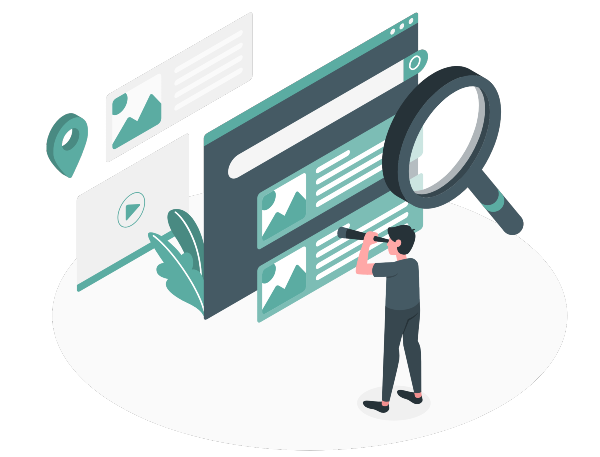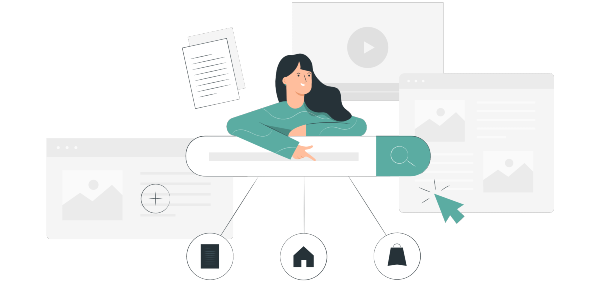Google makes small algorithm changes (or, as they are also called, Google updates) practically every day, as the company's specialists admit. A few times a year, however, major changes are implemented. Whether announced or not, changes in SERPs (search engine results pages) betray them to the general public.

After experiencing changes in traffic and rankings, many sites could hardly take a second hit in a short period. From the data known at the moment, the volatility of the positions is higher compared to the previous changes.
Google does not give detailed explanations regarding the changes made in the ranking algorithm. At the same time, the information from the first source (the official announcements) does not indicate a certain type of site that will be influenced, hence the conclusion that the rules in this update will apply to all domains.
Does this mean you can relax, as competitors will also be subject to the same changes? Not. Each site ranks as a result of a combination of factors, and each SEO expert emphasizes different aspects of SEO optimization.

What if you bet on the wrong aspects and a Google update happened?
After the August 2018 and March 2019 updates, it wasn't until much later that information appeared that backlink quality mattered. Those with good domain authority and natural, quality links recovered from the drastic changes, but so were sites with other priorities in their SEO strategy…
Many of the major algorithm changes implemented by Google are widely known – Penguin, Panda, Pigeon, etc. Most emerged due to clear factors and struggled with concrete aspects of the online environment of that time.
- Pigeon struck a chord with those focusing their efforts on local search optimization.
- Penguin has been fighting link spam.
But what is the latest algorithm fighting? With the considerable expansion of the list of factors that influence a site's ability to rank in the first positions in search engines, it becomes increasingly difficult to understand which aspects are prioritized...
What can you do if you are an SEO expert concerning these Google Updates?
- To study the latest trends in the world of website optimization. Yes, there are a multitude of factors that influence positions, but if you don't know most of them, you don't stand a chance.
- To review the quality of the links that the managed sites have.
- No matter how veiled the changes imposed by Google, their loyalty to quality remains steadfast – quality content, quality links, quality user experience.
- To compare the results of sites with different strategies, especially if you have SEO tools at hand.
What can you do if you have a personal website?
- Speak with an SEO specialist who is constantly developing. If your website is managed by a person who "learned" SEO 15 years ago, you have serious problems. With the development of artificial intelligence, the advent of voice search SEO, and multiple algorithm changes, you need to keep up.
- Don't panic. Fluctuations in positions are not the end of the world. A multi-faceted, well-implemented strategy will yield results because it changes the weight of actions, not the entire range of SEO activities.
- Review your priorities. Until now, you had good results in the online environment without much effort. From June 2019, you no longer have to rely on luck. The success of your website is a whole science, even if you didn't know it until now.


